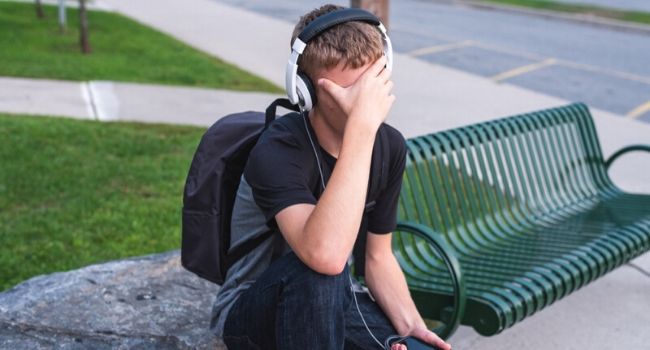
States Using Tiplines For School Attack Threats Discover Depth of Teen Suicide Epidemic
School districts are finding that tiplines and software meant to detect students discussing potential attacks are allowing police to intervene in suicide attempts and self-harm.
- By Haley Samsel
- February 04, 2020
While school districts across the country have adopted new tip lines and safety technology to prevent potential violence at school, many administrators are finding that the tools are allowing law enforcement to address a growing mental health crisis among teenagers.
A NBC News report found that school safety tip lines run by state law enforcement have allowed classmates and school staff to submit information about students considering suicide, allowing police to intervene before the student carries out any plans to do so.
In many communities, reports of self-harm or suicidal thoughts have outpaced tips about threats to campuses, according to NBC News’ analysis of state agency reports.
In Oregon, the SafeOregon tip line has received 540 reports of a suicidal student since January 2017, compared to 278 tips about threats of school attacks. In Pennsylvania, the Safe2SayPA line collected 2,529 reports about self-harm and 2,184 about suicidal thoughts in its first six months in operation last year. About 607 reports were submitted about threats against schools.
Colorado, Florida, Kentucky, Michigan, Missouri, Nevada, Oregon, Pennsylvania, Utah and Wyoming all operate school safety tip lines. Iowa is proposing starting one of its own, and Sandy Hook Promise has developed an anonymous reporting system for districts nationwide. Officers say they have been able to successfully intervene in several cases and direct students to counseling.
“The number of reports we get is saying that it works,” Capt. Tim Fox of the Oregon State Police told NBC, referencing a successful intervention in which a teenager was revived after a suicide attempt and received outside counseling.
Other districts have found that the installation of security software on school-issued laptops, which can monitor students’ activity online, has also led to several reports of suicidal thoughts and school interventions. While companies like Gaggle and Securly have received criticism for violating student privacy, the companies and their client schools claim that the software has helped them identify students with mental health issues.
In Wichita Falls, Tex., administrators say they have been able to intervene in at least four potential suicides. In one case, Gaggle alerted them to language used in a student’s Google Doc. The document contained a plan of how the student planned to kill himself and had attempted to conceal his plan by keeping the text color white, according to NBC.
“We heard stories about preventing suicide attempts and other self-harm,” Superintendent Mike Kuhrt said. “We didn’t know we’d find them that quick and that many of them.”
Perhaps because of their growing awareness of mental health issues among students, the district hired a new counselor for each of its three high schools last year, NBC reported.
About the Author
Haley Samsel is an Associate Content Editor for the Infrastructure Solutions Group at 1105 Media.